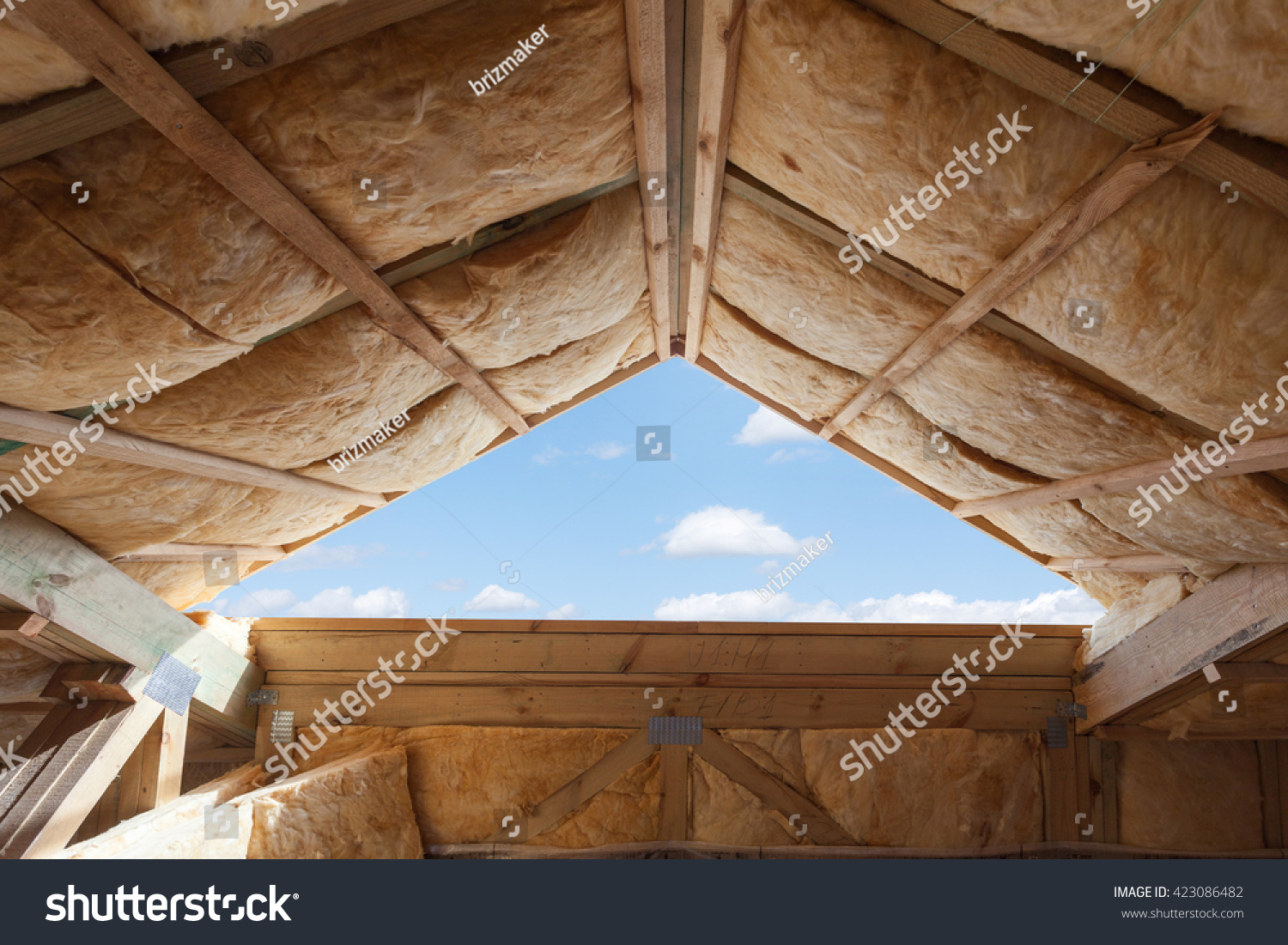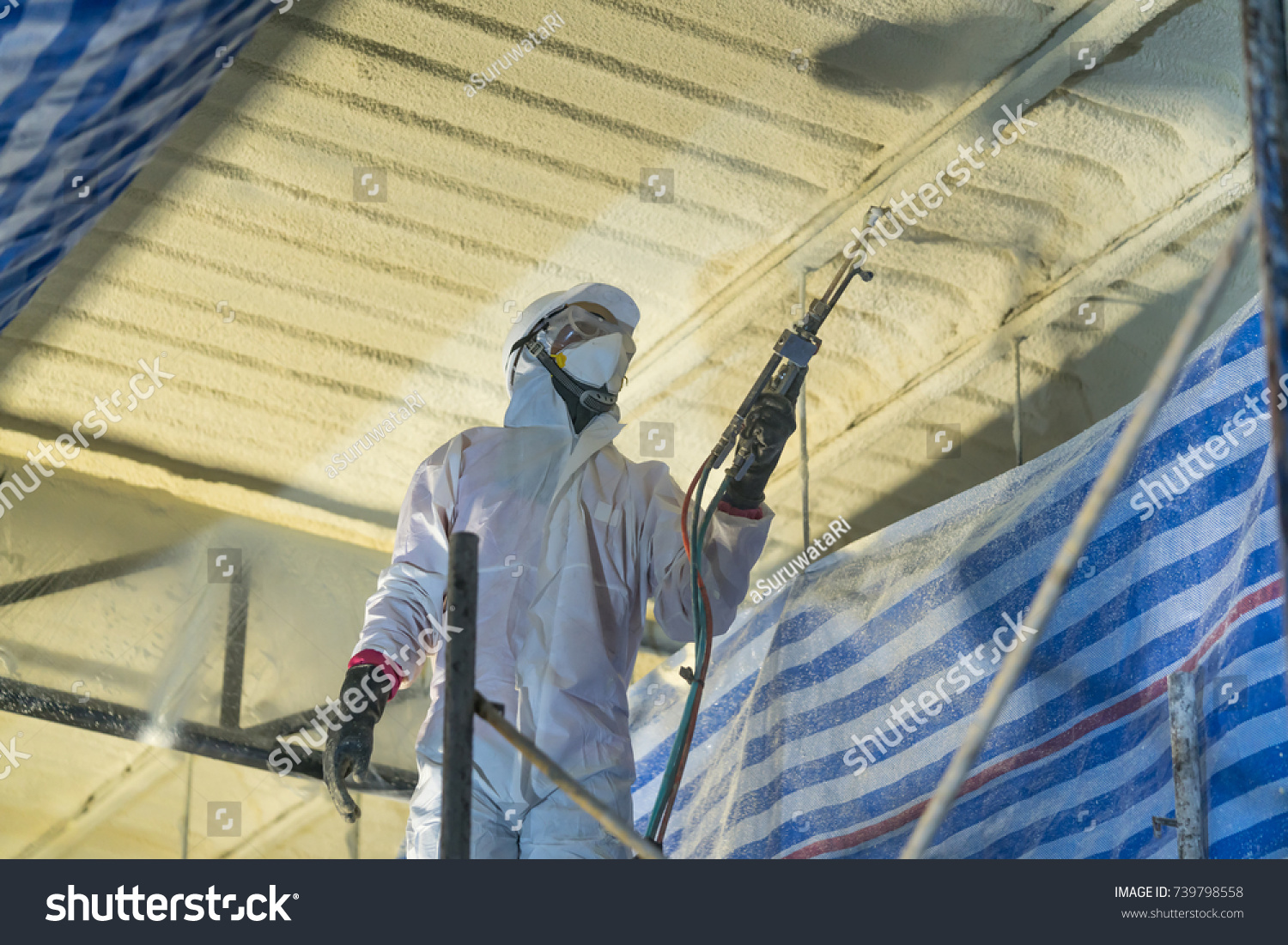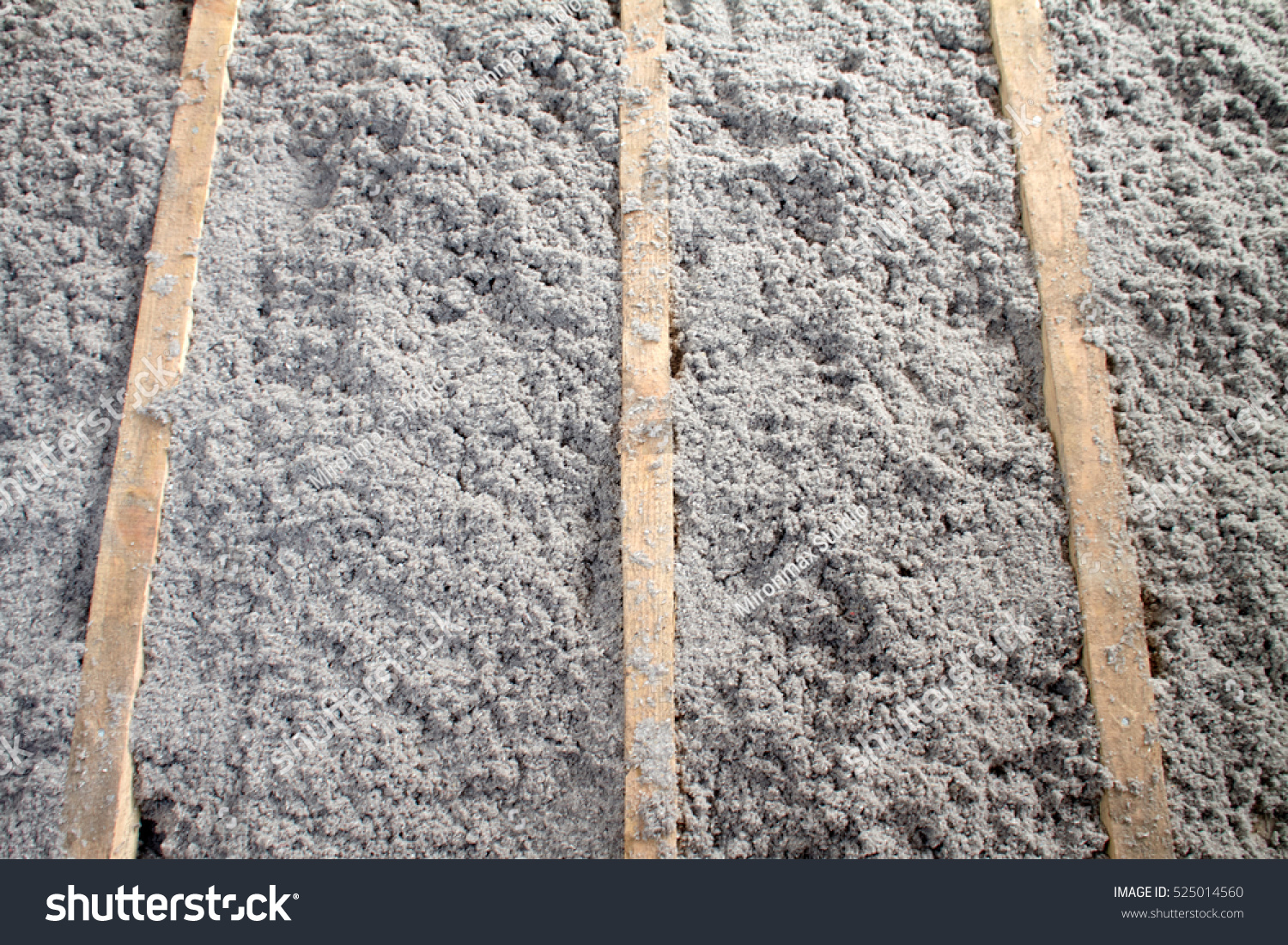Best Insulation for Florida Homes in Hot and Humid Climates

Living in Florida comes with its own set of challenges, especially when it comes to keeping your home cool and comfortable. The hot and humid climate can make it tough to maintain a pleasant indoor temperature. This is where insulation becomes crucial. Many people think of insulation only as a way to keep their homes warm in the winter, but it's just as important for keeping cool air inside during the sweltering summer months.
Insulation acts as a barrier, preventing the outside heat from entering your home and keeping your cool, air-conditioned air from escaping. This helps make your home more energy-efficient because your air conditioning system doesn't have to work as hard to maintain a comfortable temperature. As a result, you can save money on your energy bills and enjoy a more comfortable living environment.
In Florida, choosing the right type of insulation is essential. The best insulation materials for this region can withstand high humidity levels and provide effective thermal resistance. In this article, we'll explore why insulation is vital in Florida, the top materials to consider, and how to choose the right insulation for your home. Let's dive in and find out how you can make your Florida home more efficient and comfortable.
Why Insulation Matters in Florida
Understanding Florida's Climate
Florida's climate is known for its heat and humidity. Summers are long and hot, with temperatures frequently soaring above 90°F. Humidity levels can be very high, often making it feel much hotter than it actually is. This combination of heat and moisture can make homes uncomfortable and drive up energy costs. During the winter, temperatures can still get cool, but it’s the summer months that pose the biggest challenge for energy efficiency and comfort. Proper insulation is essential in managing this challenging climate and can make a noticeable difference in your living conditions.
The Role of Insulation in Hot and Humid Conditions
Insulation in Florida must work efficiently in hot and humid conditions. It needs to prevent the intense heat from penetrating your home while also managing moisture levels inside your living spaces. Without proper insulation, your air conditioning system has to work much harder to cool your home, leading to higher energy bills and more wear and tear on your HVAC system. Effective insulation creates a thermal barrier that keeps the hot air out and the cool air in, resulting in a much more comfortable and cost-effective home environment.
Top Insulation Materials for Florida Homes
Spray Foam Insulation
Spray foam insulation is a popular choice for Florida homes. It offers superior performance by expanding to fill gaps and cracks, ensuring a tight seal. This helps to block heat and moisture from entering your home. Spray foam insulation also adds structural integrity to your home and can reduce noise. Although it can be more expensive upfront, the energy savings over time can make it a worthwhile investment.
Fiberglass Insulation
Fiberglass insulation is another good option for Florida homes. It’s widely available and relatively affordable. Fiberglass comes in batts or loose-fill forms and can be installed in attics, walls, and floors. While it doesn’t offer the same air-sealing benefits as spray foam, it is still effective at reducing heat transfer. It’s also resistant to moisture, making it a suitable choice for the humid Florida climate.
Reflective Insulation
Reflective insulation, or radiant barriers, is specifically designed for hot climates like Florida's. This type of insulation uses reflective materials, such as aluminum foil, to deflect radiant heat away from your home. It’s typically installed in attics to reduce heat gain, helping to keep your home cooler. Reflective insulation works best when combined with other types of insulation, like spray foam or fiberglass, to provide comprehensive thermal protection.
Benefits of Using the Right Insulation
Improved Energy Efficiency
Using the right insulation in your Florida home can significantly improve energy efficiency. Proper insulation minimizes the amount of heat that enters your home during the hot months and keeps it warm during the cooler months. This reduces the workload on your air conditioning and heating systems, which means they use less energy. As a result, you can expect lower energy bills. Improved energy efficiency also contributes to reducing your carbon footprint, making it a win-win for you and the environment.
Enhanced Indoor Comfort
Insulation doesn’t just help with energy bills; it also makes your home more comfortable. With the right insulation, you can maintain a more consistent indoor temperature, which means you won’t have to deal with rooms that are too hot or too cold. Insulation also helps reduce noise from outside, providing a quieter living space. Improved indoor air quality is another benefit, as good insulation can prevent mold and moisture buildup, contributing to a healthier living environment for you and your family.
How to Choose the Right Insulation for Your Florida Home
Factors to Consider
When choosing insulation for your Florida home, several factors come into play. First, consider the R-value, which measures the insulation's ability to resist heat flow. Higher R-values offer better insulation. Next, think about the material's resistance to moisture. In Florida's humid climate, moisture resistance is crucial to prevent mold and mildew. The cost is also an important factor. While some materials like spray foam have higher upfront costs, they can offer better long-term savings. Consider the insulation's durability; you want a material that will last and maintain its effectiveness over time.
Professional Installation Tips
Proper installation is key to getting the most out of your insulation. Hiring a professional ensures that the insulation is installed correctly, covering all areas and leaving no gaps. Professionals have the right tools and expertise to handle different types of insulation materials safely and efficiently. They can also assess your home to determine the best type of insulation and R-value for your specific needs. While it might be tempting to save money with a DIY approach, professional installation can provide better results and peace of mind.
Conclusion
Choosing the right insulation for your Florida home is crucial for maintaining comfort and energy efficiency. With the state's hot and humid climate, it's important to pick materials that can handle these conditions effectively. Spray foam, fiberglass, and reflective insulation are all good options, each offering unique benefits.
Proper insulation not only saves you money on energy bills but also enhances indoor comfort by maintaining consistent temperatures and improving air quality. When selecting insulation, consider factors like R-value, moisture resistance, and cost. Professional installation ensures that your insulation is applied correctly, maximizing its benefits and longevity.
Ready to improve your home's comfort and energy efficiency? Contact Atlas Insulation for expert advice and professional residential insulation in South Florida. Call us today to get started!




